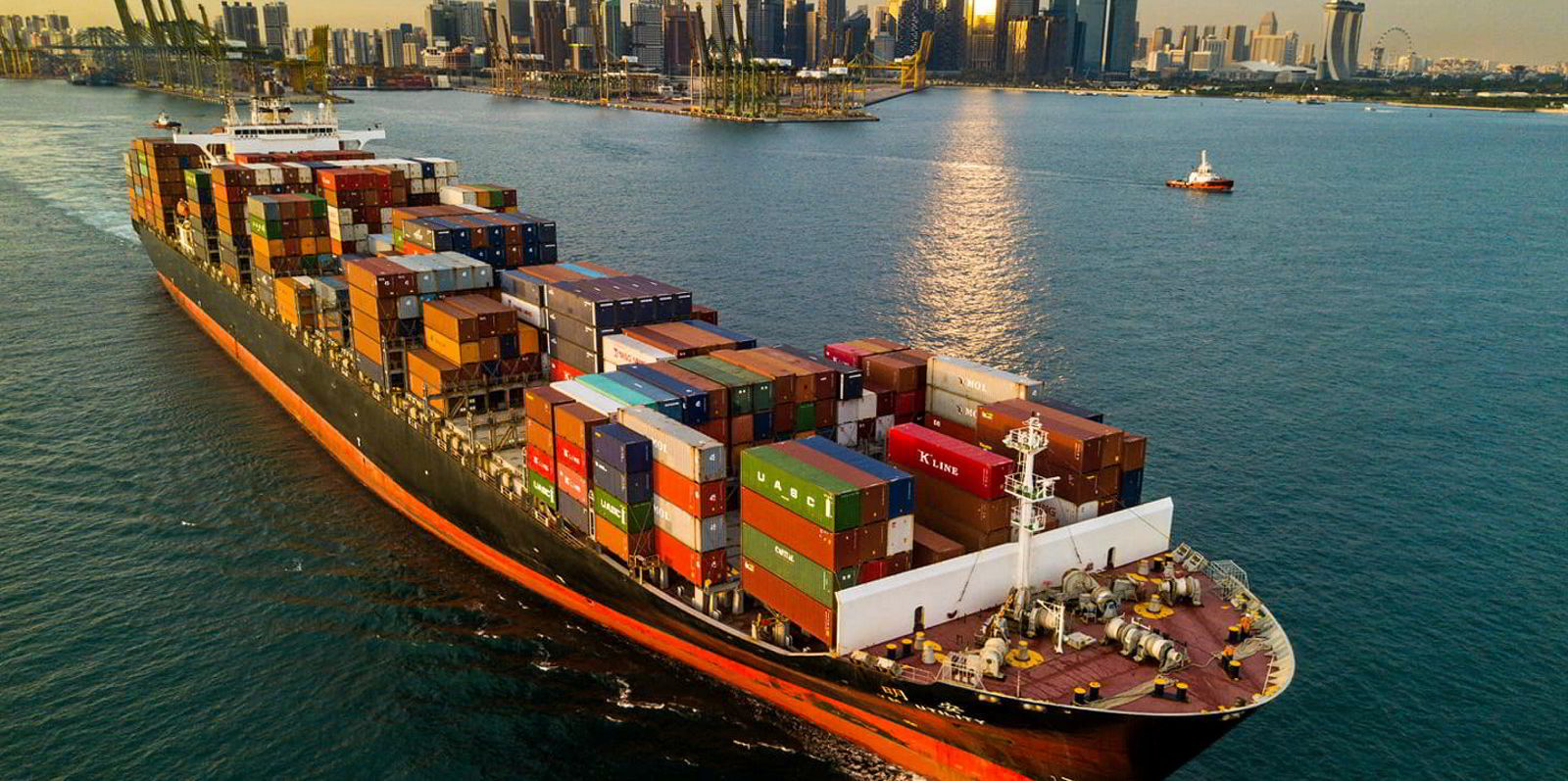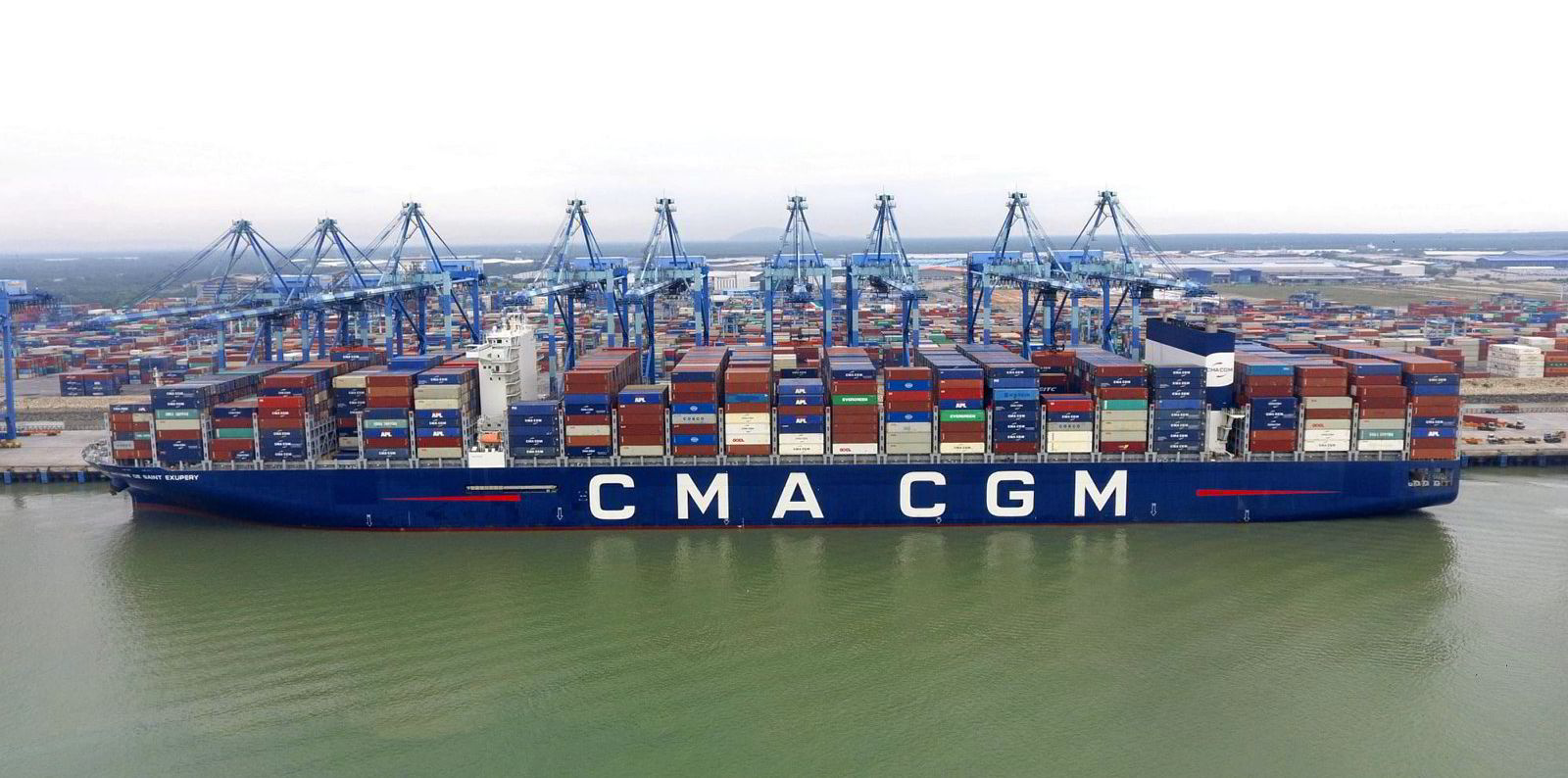MCS Industries went first.
In July 2021 — the same month US President Joe Biden directed regulators to take a hard look at liner operators — the Pennsylvania furniture manufacturer filed a complaint with the Federal Maritime Commission (FMC) against shipping giants Mediterranean Shipping Co (MSC) and Cosco Shipping Lines.
MCS Industries accused the companies of signing contracts guaranteeing a certain quantity of cargo would be carried in a given price range, before refusing and forcing it into a spot market supercharged by rising demand for consumer goods during the pandemic.
The allegations have been echoed by others making similar filings with the FMC, establishing a trend that could prompt regulatory action.
“I felt like that one started it and then people started getting a little more bold, and thought the little guy could go after the big guys,” said Lauren Beagen, a maritime attorney and founder of consultancy Squall Strategies, which specialises in FMC inquiries.
“The fear was always retaliation.”
MCS Industries’ complaint, which alleges $600,000 in damages, is still ongoing against MSC, after the furniture company settled with Cosco.
The container shipping giants allegedly violated the Shipping Act, which prevents liner operators from engaging in “unjust or unreasonable” business practices and directs the FMC to adjudicate on the disputes.
In the past several months, Achim Importing has filed similar claims against Yang Ming Marine Transport, Foreign Tire Sales has targeted Evergreen Line and Royal White Cement has gone after CMA CGM.
The Achim and Royal White Cement complaints included correspondence from employees at the liner operators.
New Jersey-based Achim’s emails suggest that Yang Ming was favouring certain shippers for contracted capacity based on frequency, while Royal White Cement was told it could not book capacity under the contract’s below-market rates.
Royal White Cement, headquartered in Houston, Texas, filed its complaint on 21 March and Achim on 31 March. Both their contracts ran from May 2020 until April 2021.
Foreign Tire Sales filed on 18 March, arguing it is owed space for 83 40-foot-high cube containers.
The New Jersey company said it had to pay more than $1m in the spot market. Royal White Cement said the difference between its contracted rates and the spot market rates topped $9m.
“With the onset of the pandemic, Evergreen and other global ocean carriers began taking steps to artificially create a scarcity of space, thereby manipulating the market by increasing pricing and their profits,” Foreign Tire Sales said in its complaint.
“Evergreen and others employed ‘blank sailings’ among other tactics to deprive shippers such as Foreign Tire Sales of capacity. Evergreen and others have destabilised what had been an orderly and well-established structure of the global ocean freight industry.”
Since filing its complaint, Foreign Tire Sales has settled with Evergreen Line. Royal White Cement has moved to dismiss its complaint.
CMA CGM declined to comment. Evergreen Line did not respond to TradeWinds’ query.
“Yang Ming takes compliance with the Shipping Act and all US law seriously and is confident that upon the consideration of the evidence, the FMC will find the complaint lacking in merit,” the company said.

Beagen said each complaint would hinge on its specific details.
Some might argue that a few missed slots are too many, but others could have claims that they were stuck paying exorbitant spot rates for months.
“It seems like the industry affords for a little bit of a sliding scale,” she said, understanding that, from their perspective, carriers were inundated with cargo and had limited capacity.
“If you do that all the time, what’s the use of a contract? ... If you’re always breaking these contracted rates, well of course that’s not going to fly and that’s going to be something the FMC is going to go after.”
Beagen said there is some incentive for liner operators to settle these cases, given that certain contractual elements could be made public if the dispute drags on.
Further, overall trends, like the ones emerging in these complaints, could prompt the FMC to act, as it has jurisdiction over carriage contracts.
“The thing is that they’re still bad acting,” she said.






